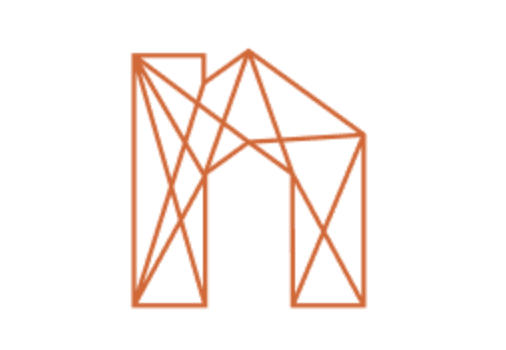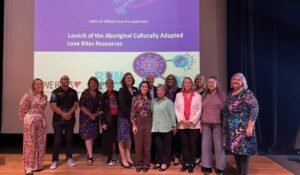What’s a cup of tea got to do with protecting children?
Protecting children is about many things.
It’s about making sure that families have the economic, physical and emotional support they need to provide children with what they need to thrive.
It’s also about making sure that we all have the social supports that we need.
Those of us working to prevent child abuse and neglect often talk about ‘protective factors’ for children.
‘Social capital’ is one such protective factor.
Put simply, this means being part of a strong connected neighbourly community.
Importantly, social capital helps to protect people from loneliness and isolation (which are risk factors for children) and makes it easier for families to navigate the ups and downs of raising children.
We know that most Australians will experience loneliness at some time in their lives (1 in 6 at any point in time feel lonely). Increasingly, this includes children, young people and parents. Understandably, single parents are particularly vulnerable to feeling lonely.
Combatting loneliness has many direct and indirect benefits for children.
At the individual level, evidence suggests that social connection in children and adolescents leads to better mental and physical health outcomes. There is also a growing recognition that being socially connected can improve students’ attendance and engagement at school, academic attainment, and overall school experience.
For families and communities, ‘social capital’ has a powerful positive effect on children including in the following ways:
- People who are connected to their communities tend to know more about children before becoming parents.
- Informal networks are a great way to share knowledge and skills about raising children.
- We know that the first place most people turn to for support is their trusted family and friends. So the stronger these networks are, the more likely families are to ask and access the support they need – before challenges get too big.
- Having social connections and friends reduces stress and is good for our mental health which makes it easier to navigate raising a family.
- Evidence shows that even casual positive interactions with someone you don’t know (like chatting to someone walking their dog) can help to boost our mood (this goes for children as well as adults).
It’s empowering to know that we can all be part of these networks of positive interactions. We can all be that friendly ear or that smiling face.
However, there are a lot of barriers to social capital that are beyond the control of individuals; things like poverty, unemployment, unstable housing.
Governments and organisations play an important role in creating the fertile ground to grow social capital. For instance, by supporting:
- community hubs such as Neighbourhood Centres and providing free community activities to bring people together
- playgroups (including targeted groups for parents at risk of social isolation e.g. single parents and fathers)
- sport and recreation clubs (making sure that these are affordable for every child to join if they want to)
- organisations such as Neighbourhood Watch that bring communities together to create safer neighbourhoods
- affordable quality early childhood education where families can connect with each other and children can develop early skills
- stable social housing where families can feel secure and are not forced to move suburbs unless they want to
- adequate financial assistance for families to remove the stress of poverty and ensure they have the resources to join in social activities
- family-friendly urban design e.g. green spaces and parks to bring people together, public transport and bike paths to connect people, schools and services within walking distance of each other
- inclusion of loneliness resources in the school curriculum so children can learn about the consequences of loneliness, how to cope when it occurs and the skills to reconnect with others
- workforce development to train practitioners to notice individuals who are at risk of loneliness and support them to become connected
- the rights of children and young people to have a say about their communities and what they want. Past research suggested that most children said they did not feel listened to within their community and many didn’t feel safe in their community, especially those from disadvantaged areas.
Getting involved with Neighbour Day this month (27 March 2022) is a great way to get started on your journey of helping to build social capital.
It’s good for you and it’s good for your community.
And you’ll see first-hand how having a cup of tea with a local family can help build the best communities for children.
Watch our short clip to see what children tell us about good neighbours.
Sources:




